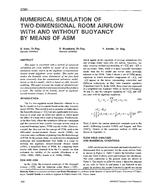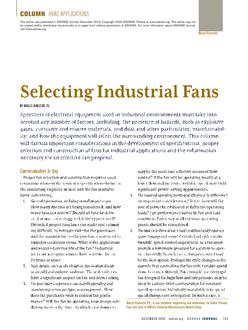Variable refrigerant volume (VRV) refrigeration systems have been widely used in residential and light commercial buildings. Optimal design and control of VRV systems mainly rely on experiments as there is not an effective tool to predict the performance. A fluid network model has been developed to simulate the performance of variable refrigerant volume systems consisting of multiple indoor/outdoor units. This model is based on analysis of system structure, refrigerant flow direction, and refrigerant states in the pipes of a refrigeration system. A relationship matrix is built to describe the connection of the components and the refrigerant flow directions of each component in the network. The characteristics of a heat recovery VRV system with two indoor units are simulated to demonstrate the application of the model. The steady-state performance in different modes and different conditions can be predicted by the model, which would be helpful for analyzing and optimizing a complex refrigeration system under variable operating conditions. This model can serve as an analytical design tool for manufacturers, consulting engineers, research institutions, and universities to improve the performance of multi-unit refrigeration systems such as a VRV system.
Units: SI
Citation: ASHRAE Transactions, vol. 109, pt. 2
Product Details
- Published:
- 2003
- Number of Pages:
- 8
- File Size:
- 1 file , 440 KB
- Product Code(s):
- D-20906


